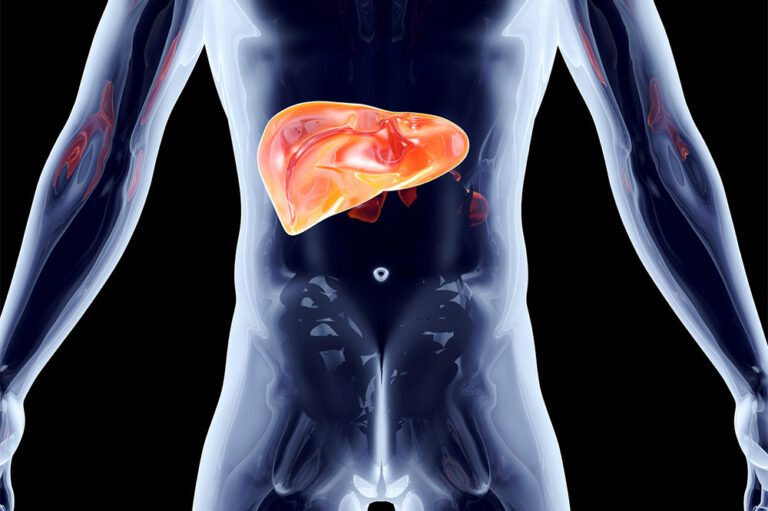
Early warning signs of lung damage to watch out for
Breathing is an essential bodily function that keeps a person alive. Not many people are conscious of their breathing patterns unless an underlying respiratory condition such as lung damage affects them. Lung damage can occur due to various factors, such as pollution and respiratory infections. Understanding the warning signs of lung damage is crucial for early diagnosis and treatment. Some key causes and warning signs of lung damage and its treatment mechanisms are discussed below.
Causes of lung damage
Prolonged exposure to air pollution, such as smog, dust, and industrial fumes, can also lead to lung damage. Respiratory infections, such as pneumonia, bronchitis, and tuberculosis, can damage the lungs and cause long-term respiratory problems. Other factors that can cause lung damage include exposure to asbestos and radon gas.
Warning signs of lung damage
The symptoms of lung damage can vary depending on the severity and the underlying cause. Some of the common warning signs of lung damage are listed below.
- Shortness of breath: Breathing issues are a common symptom of lung damage. It occurs during rigorous physical activity or even at rest. Shortness of breath can indicate various respiratory conditions, such as chronic obstructive pulmonary disease (COPD) and asthma. Besides shortness of breath, labored breathing is also an indicator of lung damage.
- Wheezing: Wheezing is a high-pitched whistling noise that begins as you breathe. It can be a sign of narrowed airways and is common in people with asthma and COPD.
- Chronic cough: A cough that persists for over eight weeks can indicate lung damage. Various respiratory conditions, such as COPD, lung cancer, and interstitial lung disease, can cause it.
- Chest pain: Chest pain is a common symptom of lung damage. It can occur for various reasons, such as a lung infection, a collapsed lung, or lung cancer.
- Fatigue : Fatigue or tiredness is a common symptom of lung damage. It can occur due to a lack of oxygen in the blood and can indicate various respiratory conditions.
- Excessive mucus production : If a person experiences increased mucus production for over a month, it could indicate an underlying health condition that must be promptly treated.
Diagnosis
The warning signs of lung damage mentioned above necessitate urgent healthcare attention. Early detection and treatment can help prevent further damage to one’s lungs and improve the quality of life. A healthcare professional may carry out various tests, such as a chest X-ray, a CT scan, or a pulmonary function test, to diagnose the underlying cause of your symptoms.
Management
Treatment for lung damage depends on the trigger factor and severity of the condition. Health experts may suggest prescription treatments to help manage one’s symptoms. In severe cases, oxygen therapy and pulmonary rehabilitation may be advised.
Lung damage can significantly impact your health and quality of life. Understanding the symptoms of lung damage is crucial for early diagnosis and management. Exercising regularly, following a healthy meal plan, and wearing a face mask are effective ways to safeguard one’s lungs. By taking these steps, we can reduce the risk of lung damage and lead a healthy life.












